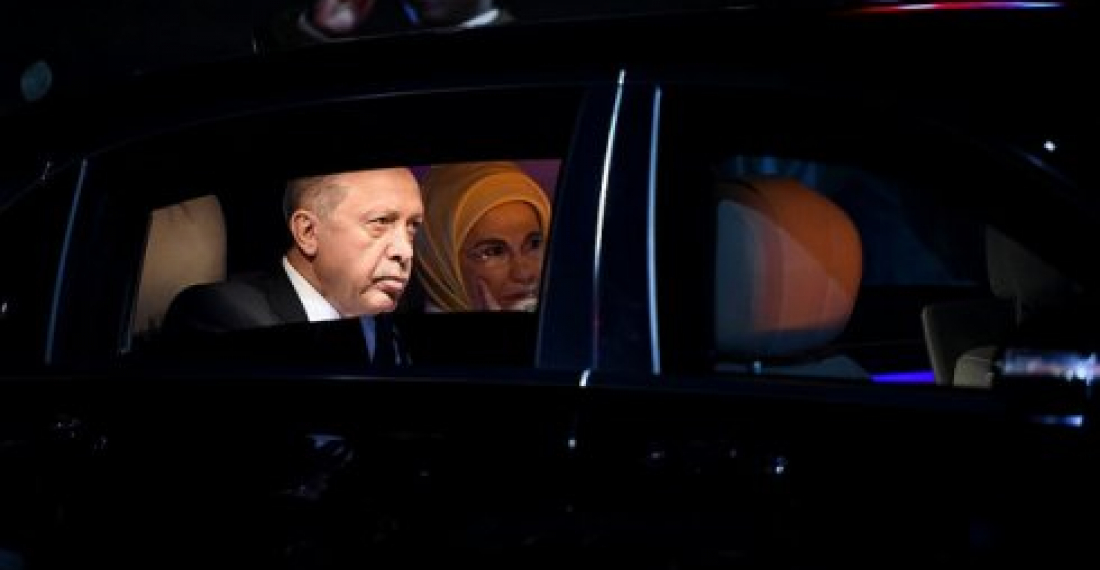Turkish president, Recip Tayip Erdogan, arrived in South Africa on Wednesday (25 July) to participate in the BRICS summit. The bloc has five full members: Brazil, China, India, Russia and South Africa. Turkey is not a member of the bloc, but president Erdogan is expected to address the meeting on Friday in his capacity as the current Chairman of the Organisation for Islamic Co-operation (OIC). During his stay in Johannesburg President Erdogan is also expected to meet with his Russian counterpart, Vladimir Putin.
Turkey has aspirations to become one of the world's ten largest economies, and the country has been pursuing an assertive foreign policy, challenging the domination of the UN by the five permanent members of the security council, and expanding its diplomatic footprint in Africa.
related content: Lavrov proposes a BRICS "outer circle"
source: commonspace.eu
photo: President Erdogan on his arrival in Johannesburg to attend the BRICS summit, on 25 July 2018 (picture courtesy of the Ministry of Foreign Affairs of South Africa).






